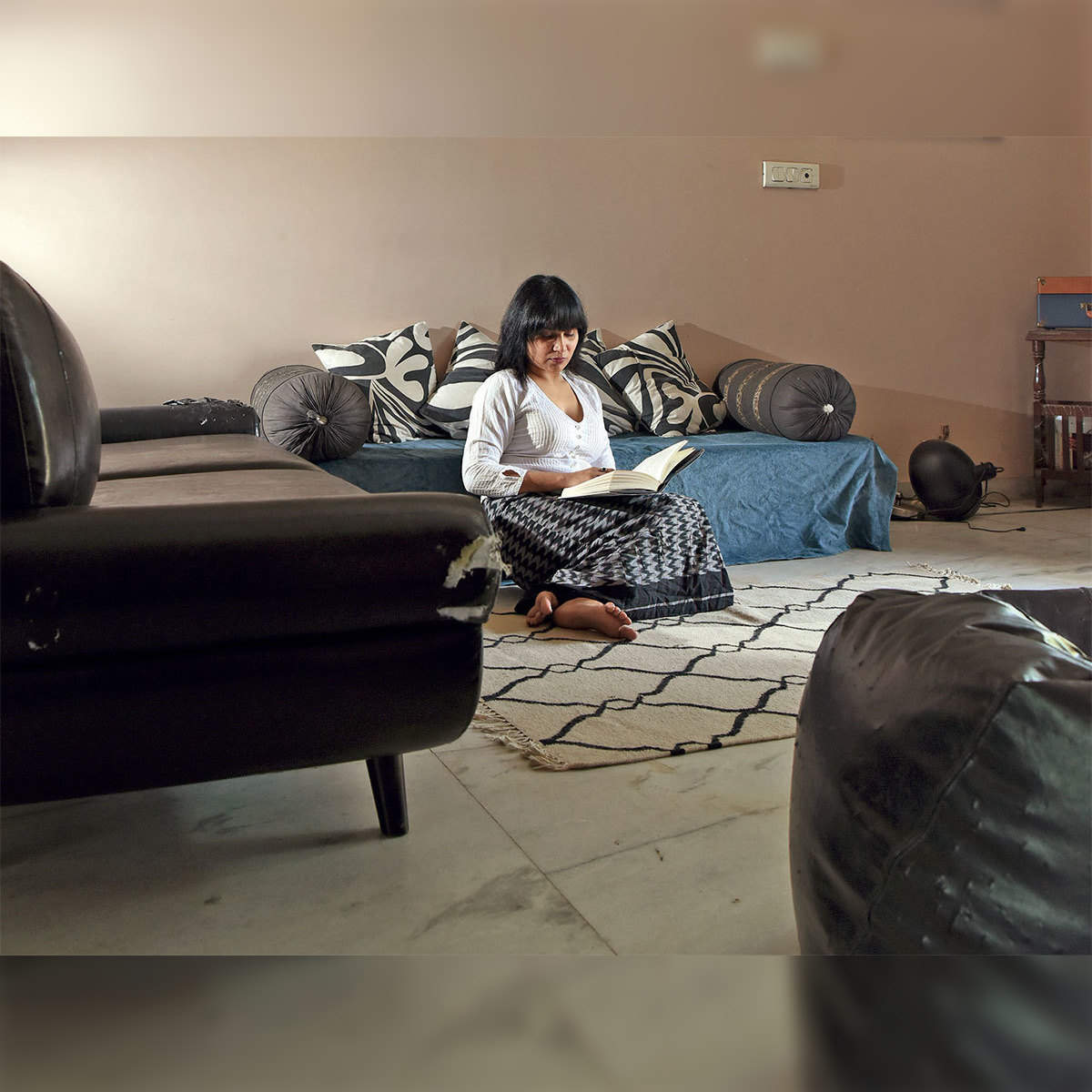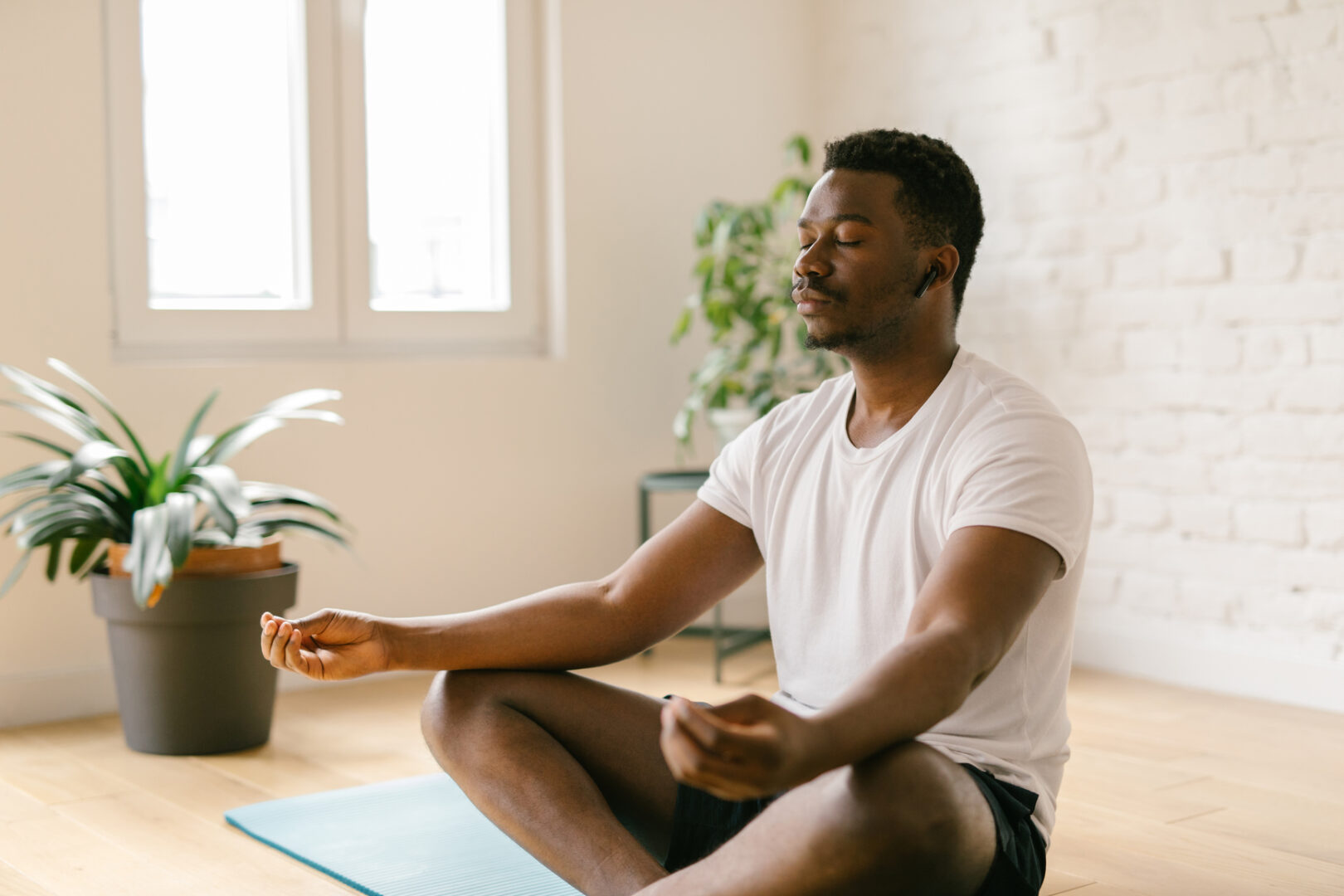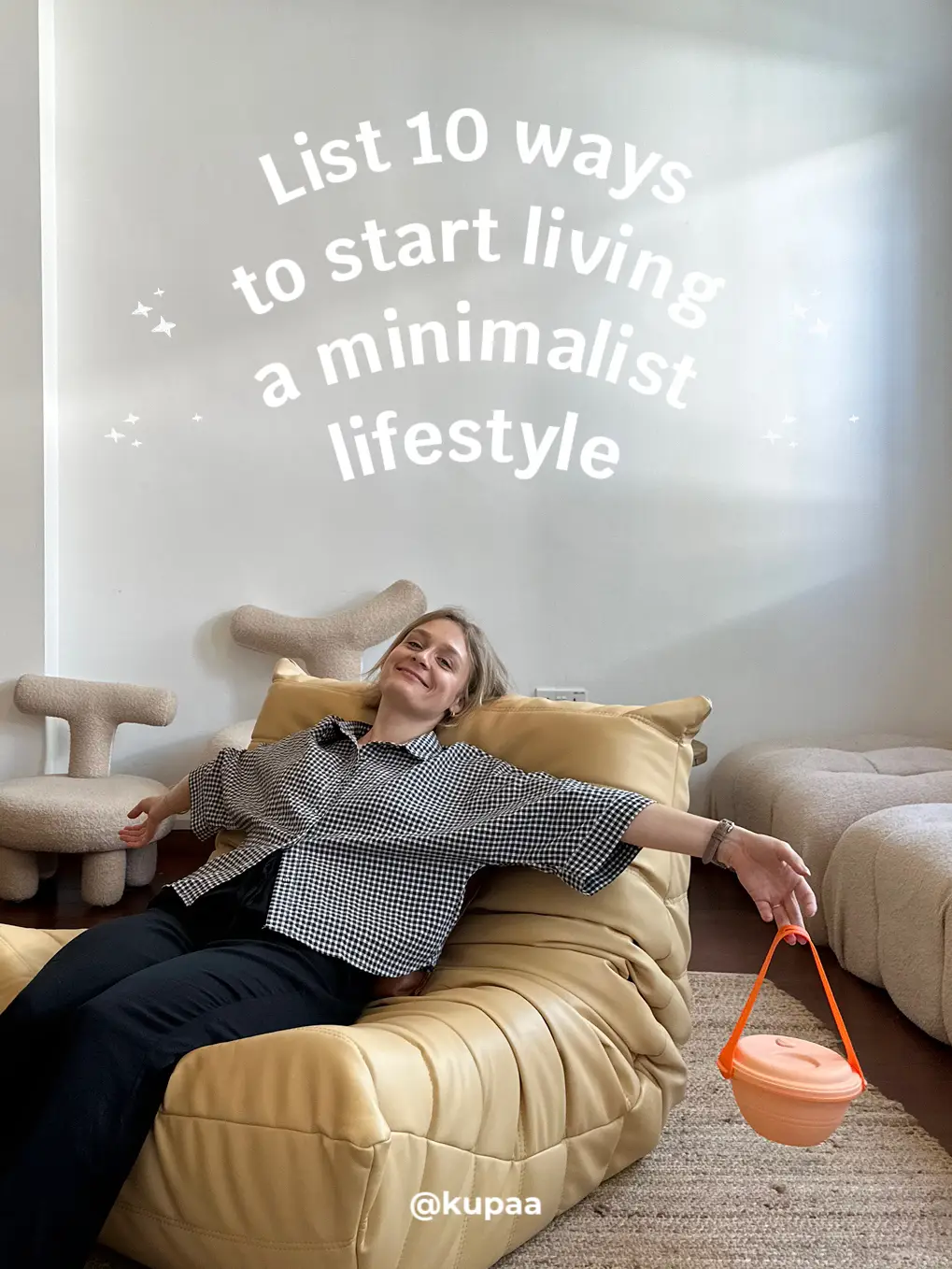In an era characterized by constant consumption, relentless advertising, and excessive possessions, the minimalist lifestyle has emerged as a compelling alternative. Minimalism, a philosophy centered around simplifying and decluttering one’s life, offers a path to living with greater purpose, freedom, and fulfillment. This lifestyle has gained popularity in recent years, with more and more people choosing to adopt its principles and embrace a simpler way of living.
Minimalism encourages individuals to let go of unnecessary material possessions and focus on what truly matters. It is not just about having less, but also about valuing experiences, relationships, and personal growth over material possessions. By reducing the distractions and clutter in our lives, we can create more space for what truly brings us joy and fulfillment. In this article, we will explore the principles of minimalism and how they can help us live a simpler, more fulfilling life.
1. Declutter and Organize: Letting Go of Excess

At the core of minimalism is the idea of decluttering and organizing our physical spaces. This involves identifying and getting rid of items that are no longer used, needed, or bring joy. The clutter in our homes can often lead to a cluttered mind, causing stress and anxiety. By decluttering our physical environment, we can create a sense of calm and clarity in our minds.
How to Declutter Effectively
The first step towards a minimalist lifestyle is to declutter. This can seem like a daunting task, especially if you have accumulated a lot of possessions over the years. Here are some tips to help you declutter effectively:
- Start small: Don’t try to declutter your entire house in one day. Instead, start with one room or even one area within a room.
- Sort through your belongings: Take everything out and sort through them, keeping only the items that you use regularly or truly bring you joy.
- Get rid of duplicates: Do you really need five black t-shirts or three sets of measuring cups? Keep only what you need and get rid of the rest.
- Donate or sell: Consider donating gently used items to charity or selling them online. This way, you can give your possessions a new life and also make some extra cash.
- Let go of sentimental items: While it can be challenging to part with sentimental items, it is important to remember that memories are not tied to physical objects. Take a picture of the item before letting it go if it holds special meaning for you.
The Benefits of Decluttering
Decluttering not only helps clear physical space but also has numerous benefits for our mental and emotional well-being. Here are some of the advantages of decluttering:
- Reduced stress and anxiety: A cluttered environment can lead to feelings of overwhelm and stress. By decluttering, we create a more peaceful and calm space.
- Increased productivity: When our living and working spaces are organized, it is easier to focus and be productive. We waste less time searching for things and have more time to tackle important tasks.
- More space: By getting rid of excess, we create more physical space in our homes. This makes it easier to move around and also gives us more breathing room.
- Better health: Clutter can collect dust, allergens, and bacteria, leading to potential health issues. A clean and decluttered space promotes better physical health.
- Enhanced creativity: A cluttered space can stifle creativity, while a clear and open space can inspire new ideas and perspectives.
2. Intentional Purchasing: Buying Only What We Need

In a world driven by consumerism, we are bombarded with advertisements and pressure to constantly buy new things. Minimalism encourages us to break away from this cycle of mindless consumption and instead, make intentional purchases. This means carefully considering whether an item is essential, aligns with our values, and brings true value to our lives.
Making Intentional Purchases
When it comes to making purchases, minimalists follow a few key principles:
- Quality over quantity: Minimalists prioritize quality over quantity. Instead of buying multiple cheap items, they invest in well-made and durable products that will last longer.
- Avoid impulse purchases: Before buying something, take some time to think about whether you truly need it. Impulse purchases often lead to unnecessary clutter in our homes.
- Focus on experiences over material possessions: Instead of spending money on material possessions, minimalists choose to invest in experiences such as traveling, learning new skills, or spending time with loved ones.
The Benefits of Intentional Purchasing
Practicing intentional purchasing not only helps us save money but also has other benefits:
- Reduced financial stress: By buying only what we need, we can avoid overspending and accumulating debt. This leads to less financial stress and a more secure financial future.
- More meaningful purchases: When we carefully consider our purchases, we are more likely to buy things that align with our values and bring lasting value to our lives.
- A decluttered home: Intentional purchasing means bringing fewer items into our homes, leading to a more organized and clutter-free space.
- A positive impact on the environment: Consumerism has a significant impact on the environment, with the production and disposal of goods contributing to pollution and waste. By making conscious purchasing decisions, we can reduce our carbon footprint and lessen our impact on the planet.
3. Living with Intention: Focusing on What Truly Matters

Minimalism is not just about getting rid of physical possessions but also about living with intention and purpose. It encourages us to focus on what truly matters and let go of distractions that do not add value to our lives.
Letting Go of Distractions
In today’s world, we are constantly bombarded with distractions such as social media, notifications, and endless to-do lists. This leaves us feeling overwhelmed and unable to fully focus on the things that truly matter to us. Minimalism encourages us to let go of these distractions and instead, prioritize our time and energy towards our goals and values.
Finding Meaning in Simplicity
Minimalism is often associated with a simpler way of living, which means reducing the excess in all areas of our lives. This could mean simplifying our schedules, commitments, and even relationships. By focusing on what truly brings us joy and fulfillment, we can lead a more meaningful and purposeful life.
4. Mindful Consumption: Being Aware of Our Impact

Minimalism also involves being mindful of our consumption habits and their impact on the environment and society. It encourages us to be conscious consumers and make choices that align with our values.
Reducing Waste and Environmental Impact
One of the core principles of minimalism is reducing waste and our environmental footprint. This could mean choosing reusable products over single-use items, buying from ethical and sustainable brands, and supporting local businesses. By making more conscious choices, we can lessen our impact on the environment.
Questioning Our Materialistic Culture
Minimalism also invites us to question our materialistic culture and its effects on our well-being. The constant pressure to have the latest gadgets, fashion trends, and home decor can lead to comparison, dissatisfaction, and a never-ending cycle of consumption. By adopting a minimalist mindset, we can break free from this culture and find contentment with what we already have.
5. Embracing Minimalism in All Areas of Life
Minimalism is not just limited to our physical possessions but can extend to all areas of our lives. This includes our digital spaces, relationships, work life, and even our thoughts.
Digital Minimalism
In today’s technology-dependent world, our digital spaces can also become cluttered and overwhelming. Minimalists advocate for decluttering our digital devices, unfollowing accounts that do not bring value, and taking regular breaks from social media. This helps us create a healthier relationship with technology and avoid the constant distractions and comparisons.
Nurturing Meaningful Relationships
Minimalism is not just about decluttering physical possessions, but also about cultivating meaningful relationships. This means letting go of toxic or superficial connections and focusing on fostering deep and genuine relationships with loved ones.
Simplifying Work Life
Many people find themselves caught up in the never-ending cycle of work, leading to burnout and dissatisfaction. Minimalism encourages simplifying our work life, by identifying what truly brings us joy and fulfillment and prioritizing those tasks over busywork. This could also mean setting boundaries and learning to say no to things that do not align with our goals and values.
6. The Benefits of Minimalism
Adopting a minimalist lifestyle has numerous benefits, both tangible and intangible. Some of these include:
- Reduced stress and anxiety: By simplifying our lives and reducing the distractions and clutter, we can experience less stress and anxiety.
- More freedom and flexibility: Letting go of unnecessary possessions and commitments can give us more freedom and flexibility to pursue our passions and goals.
- Increased focus and productivity: A clutter-free environment, both physically and mentally, can lead to increased focus and productivity.
- Better mental and emotional well-being: Letting go of materialistic desires and focusing on what truly matters can lead to greater contentment and overall well-being.
Conclusion
The minimalist lifestyle may not be for everyone, but its principles can certainly help us lead simpler, more fulfilling lives. By decluttering and organizing our physical spaces, making intentional purchases, living with intention, being mindful of our consumption habits, and embracing minimalism in all areas of life, we can find more meaning and purpose in our lives. So, consider incorporating some of these principles into your life and see how it can positively impact your well-being. Remember, less is often more, and the path to true happiness may be through a minimalist lifestyle.
wfriv.xyz